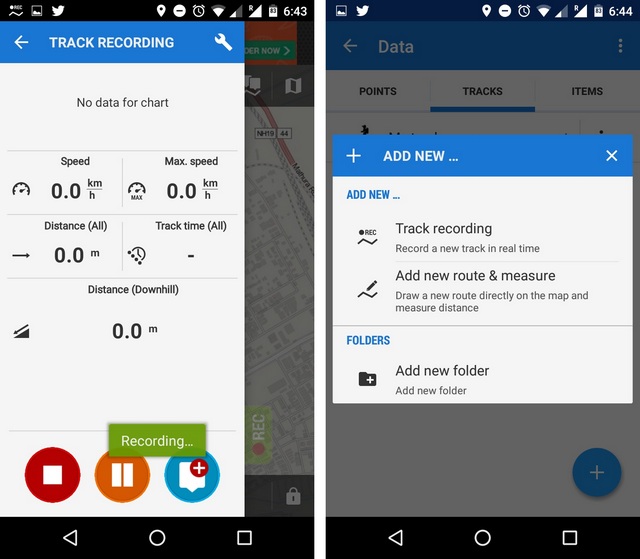
:max_bytes(150000):strip_icc()/003-change-home-page-in-google-chrome-4103616-d11bce2ad98d4b07a9c8d9bcbf9bb0c6.jpg)
Even if you haven't intentionally shared your home or business addresses, Google can easily predict where you live and work based on your regular movements, as well as your method of transport between both places.The best way to block this is to use a VPN. This is one of the more generalised data points Google uses and can be gathered from any location-gathering method, including a device's IP address. Ads are served based on general location such as the countries, states or postcodes from which you've used Google services or browsed the web while signed into a Google account.And advertising tactics and data range from broad to GPS-accurate.

It includes not only where you are right now, but also where you've been. Location tracking plays a big part in building your algorithm. Your information is anonymised when given to advertisers, but that will serve as little reassurance to many. All of this data comes together to predict which products you're most likely to buy. It's no secret that Google personalises ads based on information it collects about you from many sources.
#Replace google mytracks windows 10
How and why Windows 10 tracks your location data

You do have some say over what location information is collected and how long it's stored for, but taking control isn't straightforward.
#Replace google mytracks Offline
It even collects some of this information when you're offline or not using any Google apps or services. They include, among others: personalised advertising, detailed marketing research for its advertising partners, search results, navigation, improved user experiences for its apps and services, and security checks for your account. Google tracks and records your location in several ways for a range of reasons.



 0 kommentar(er)
0 kommentar(er)
